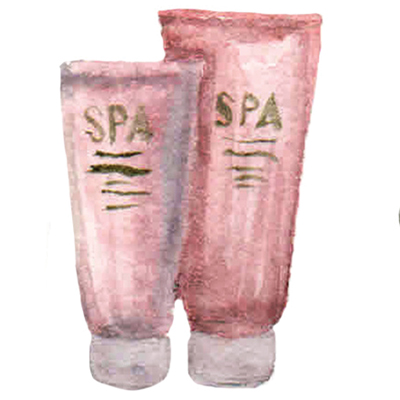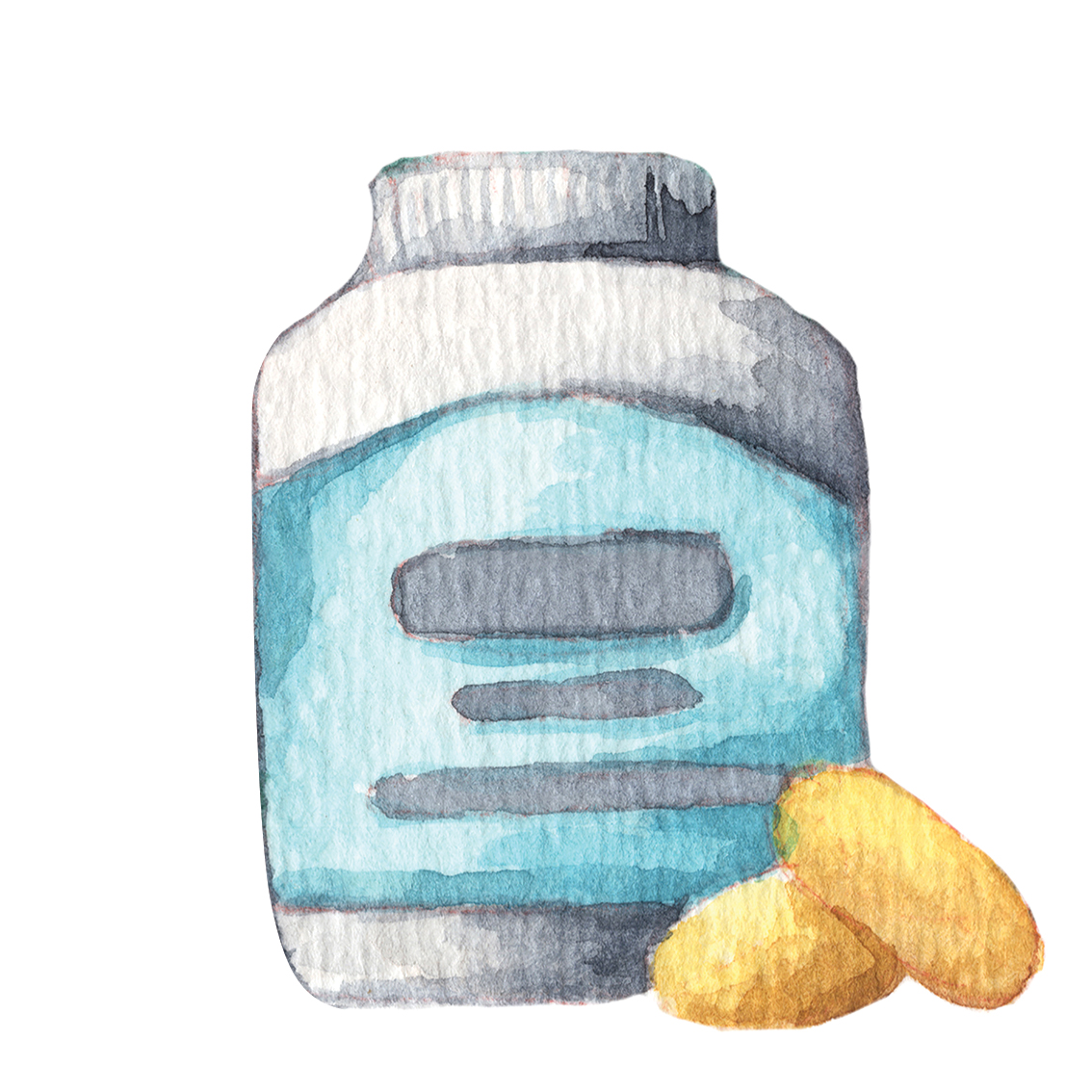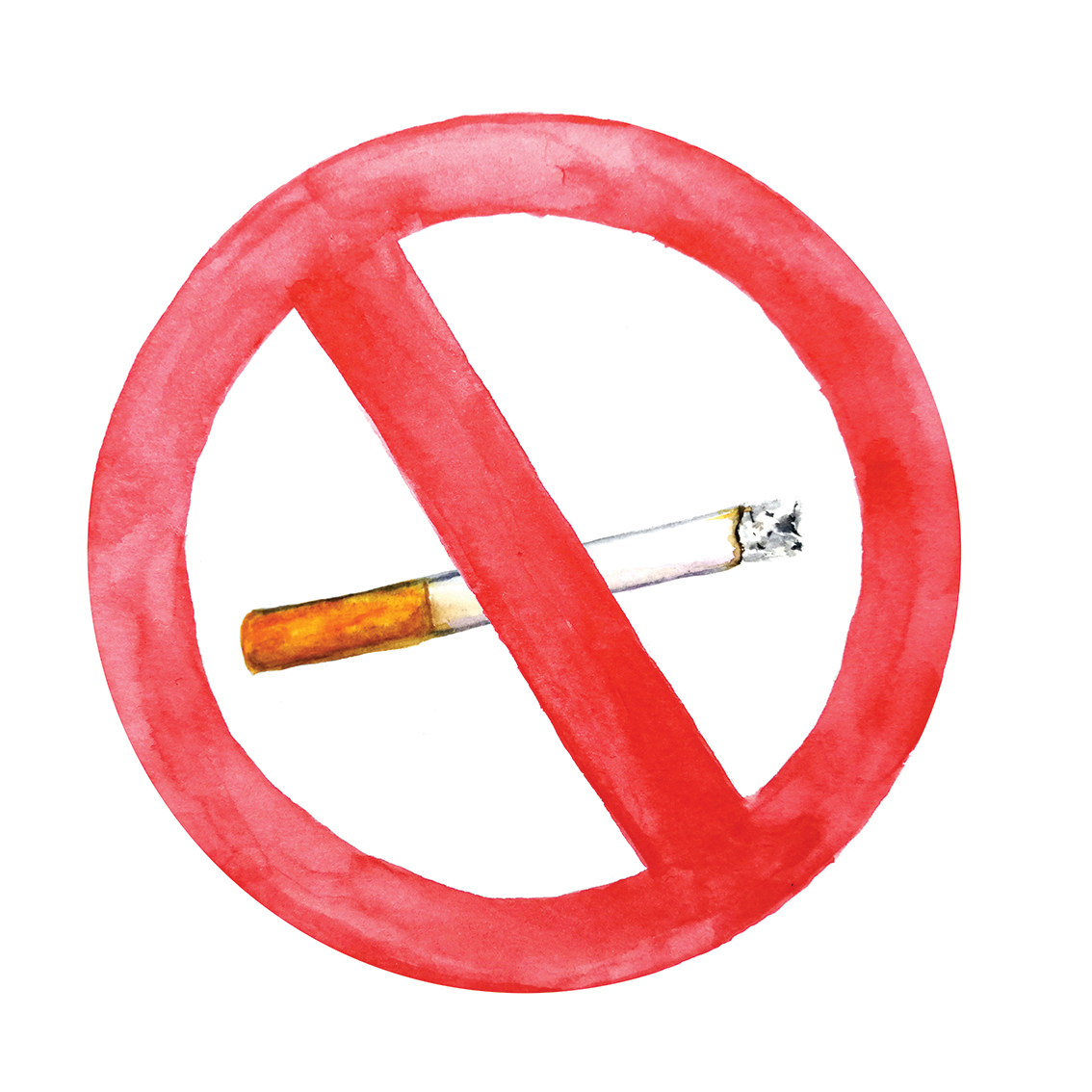Physical Wellbeing can be an important factor when trying to conceive.
There are some simple lifestyle changes that can be implemented to help increase your chances of a healthy future pregnancy, or at the very least, help you to feel strong and well within yourself. We’ll discuss some of the lifestyle changes you can both make.
‘Pregnancy is like running a marathon and you wouldn’t run a marathon without any training’ Dr. Belinda Tosi, GP, Bondi Doctors
With this in mind it is important to consider all aspects of your Physical Wellbeing when preparing our body to conceive and carry a child again after miscarriage.
If you’ve had one or more miscarriages and are considering trying again, then you have nothing to lose by trying to get your body in optimum condition. Considering some of the below aspects of our physical wellbeing is a good place to start

Exercise
Make sure you are moving each day. You don’t have to be running marathons or even running at all, but try to build movement into your daily routine. Get outside and go for a walk in your lunch break, meet friends for a walk after work, join a gym and do some fun cardio classes. In the warmer months, go for a swim.
Give yoga or pilates a try. Find something that you enjoy doing, something that gives you an endorphin rush and remember, this isn’t about body image, it’s about feeling fit, healthy and strong.

Nutrition
Make good food choices. Keep it simple and eat real, unprocessed foods as much as possible. Shop mainly in the fresh produce section, get organized and meal prep in advance to avoid cheating and short cuts. Take your own lunch to work and get up early enough to eat a proper breakfast.
Drink water, at least 8 glasses a day. Many nutritionists will tell you this is the best supplement for our bodies and it’s free!! A well hydrated body functions better, has good circulation of nutrients and detoxifies efficiently.
Swap your morning coffee for warm water and lemon and if you can’t resist your daily caffeine fix, keep it to just one a day and not after 3pm or it will affect your sleep.

Reduce Stress
There is no evidence that links stress to either increased rates of infertility or miscarriage. However, no-one can deny the positive health benefits of trying to reduce stress in our lives. Meditation and relaxation techniques, exercise, yoga, strong family and support networks and even seeing a counsellor to talk about your feelings around your miscarriage/s can only be beneficial to your overall health and wellbeing – and of course, in turn, give you a better chance of a successful and healthy pregnancy when the time comes.

Get Plenty of Sleep
Getting enough good quality sleep is vital for cell regeneration and hormone regulation in our bodies and most importantly is integral to the quality of egg and sperm. Melatonin levels increase while we’re sleeping which is important for good quality eggs and good ovarian reserve. In addition, getting good amounts of sleep will help us feel better mentally, physically and help us deal with everyday stresses far better.

Supplements
All pregnant women require nutritional supplementation to some extent, due to the lack of essential nutrients in our soil and food supply. A naturopath can advise you on what supplements are right for your body and a good GP can run a full blood count to determine if there’s anything extra your body needs.
At a minimum, 400mcg (micrograms) of folic acid per day greatly reduces the risk of a baby being born with a neural tube defect and should be taken three months prior to conception, as well as in the first three months of pregnancy. In addition, iodine is essential for brain and nervous system development, and 150mcg each day is ideal throughout pregnancy and breastfeeding.
Omega 3 fatty acids (or fish oils) are also essential in pregnancy, while probiotics are great for keeping your digestive system moving while also supporting babies’ developing immune system.
Further information about vitamins before and during pregnancy can be found here.

Partner Health
It takes two to make a baby and healthy sperm are just as important as good quality eggs. Men’s vitamin Menevit is proven to help enhance sperm quality, so it’s beneficial for your partner to take it for at least 3 months prior to trying to conceive. In addition, your partner reducing his alcohol intake and keeping his mobile phone out of his front pockets and away from his reproductive organs will also be helpful.

Reduce Caffeine
Caffeine has a proven impact on conception with studies showing that women who drink more than one cup of coffee per day are half as likely to conceive as those who drink one cup or less each day. Don’t forget, that oh-so-tempting chocolate bar also contains caffeine, so maybe have a few pieces rather than the whole block!

Reduce Alcohol
Alcohol can effect the health of both the sperm and the egg which can not only reduce your chances of conception, but can also increase the risk of early pregnancy loss. That’s not to say you can’t have the occasional drink, but it should be kept at no more than 1-2 glasses per week (for yourself and your partner) and if you are able to abstain, even better.

Stop Smoking
One of the first things you should cut out when trying to get pregnant is smoking. Smoking can seriously damage your baby and may result in miscarriage or premature birth. See your healthcare professional about appropriate ways to manage quitting.